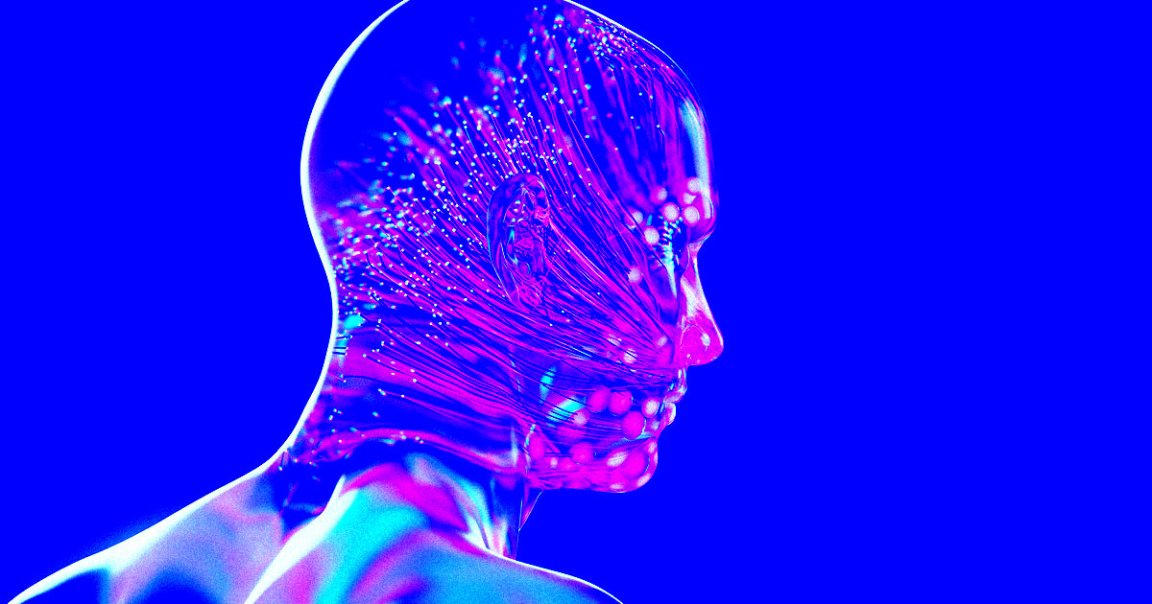
Soon Ish
OpenAI has long made it its mission to realize “artificial general intelligence,” a hypothetical tech benchmark at which an AI could complete tasks as well as — or perhaps better than — a human.
And while that might sound like a grim fate for us humans who would be replaced by cheaper bots, OpenAI CEO Sam Altman is far less concerned about such an eventuality.
“It will change the world much less than we all think and it will change jobs much less than we all think,” he said at a conversation with Bloomberg at this year’s World Economic Forum in Davos, Switzerland.
That’s in stark contrast to other Davos attendees, who predicted dramatic job losses starting this year due to generative AI. It’s also easy for him to say, given his tremendous personal wealth and stature in the industry that could insulate him against the cost of human obsolescence.
Altman also predicted that AGI could arrive in the “reasonably close-ish future” — a timeline, of course, as vague as it is optimistic.
Bold Type
The conversation surrounding AGI has gripped the world ever since tools like OpenAI’s ChatGPT broke into the mainstream a little over a year ago.
Since then, many tech leaders have sounded off on when they predict AGI will hit, like Google’s DeepMind cofounder Shane Legg saying that he thinks researchers have a 50-50 chance to do so by 2028.
Altman is also no stranger to making bold predictions about where he thinks the tech is going, describing it as a “magic intelligence in the sky” during a November interview with the Financial Times.
Critics, however, have since discounted the concept of AGI as “misleading,” pointing out that we have yet to settle on a generally agreed-upon definition of the term.
OpenAI’s own definition states that AGI is a “system that outperforms humans at most economically valuable work,” confining it to the realms of productivity and greatly reining in its scope compared to other definitions out there.
Of course, OpenAI still has a lot to prove — and that’s putting it lightly. Its current crop of AI tools still has a strong tendency to make stuff up, meaning the tech still has plenty of catching up to do before it can compete with humans on an intellectual level.
Whether these tools can shake off these glaring limitations — and when — remains to be seen, and even Altman is seemingly not entirely sure of the answer.
More on Altman: Sam Altman Says AI Using Too Much Energy, Will Require Breakthrough Energy Source